Legal Letter Samples
-
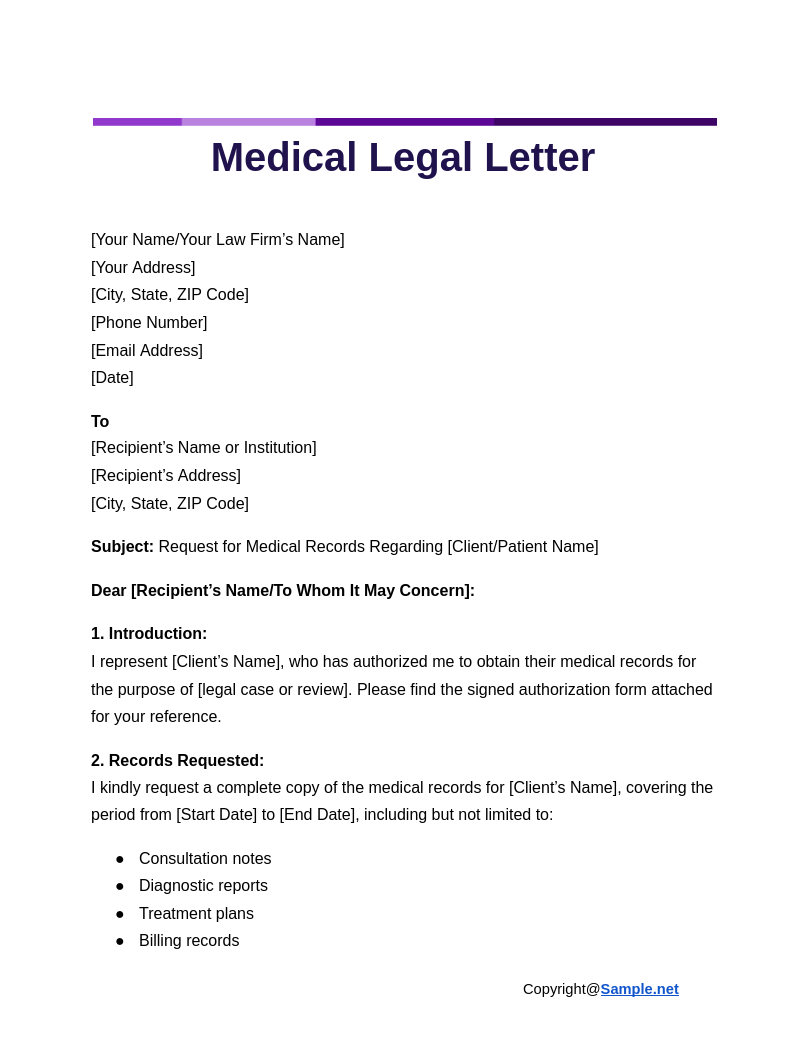
Medical Legal Letter
download now -
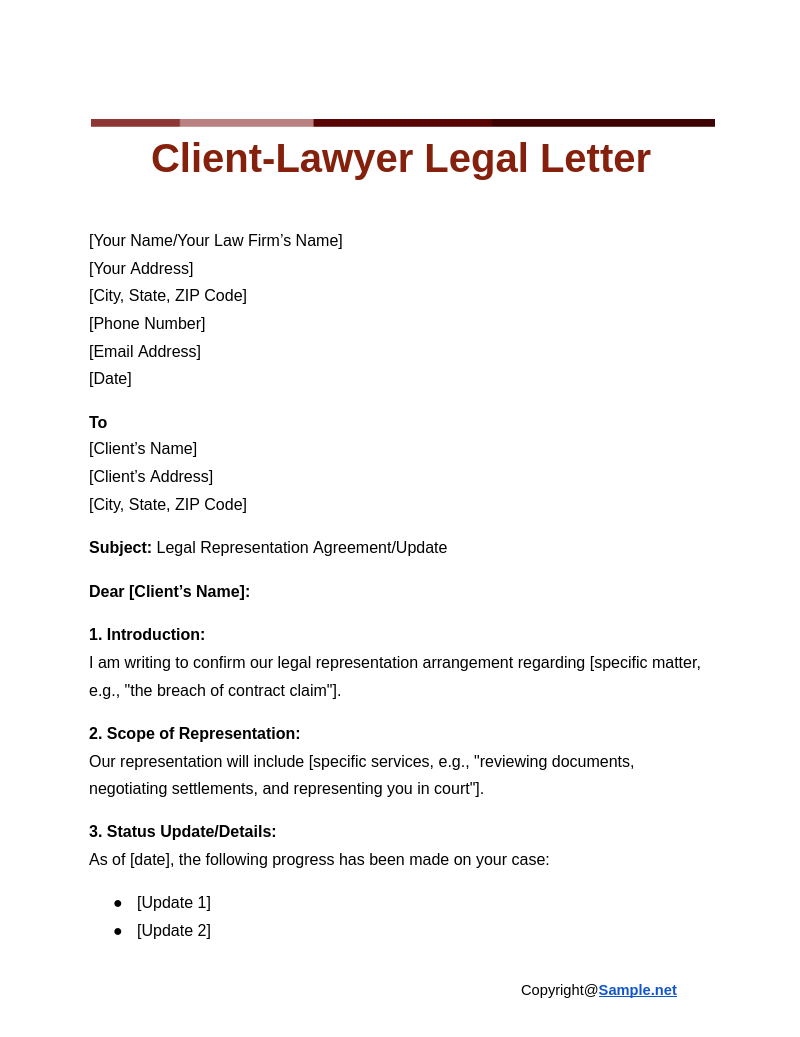
Client-Lawyer Legal Letter
download now -
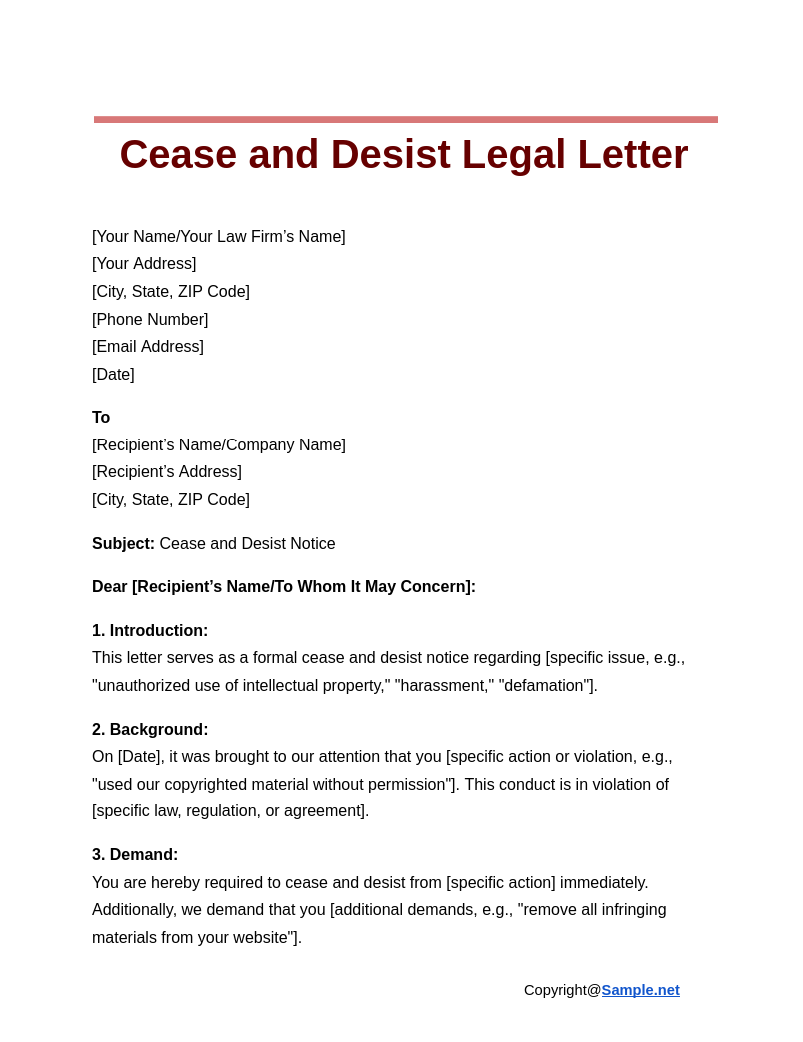
Cease and Desist Legal Letter
download now -
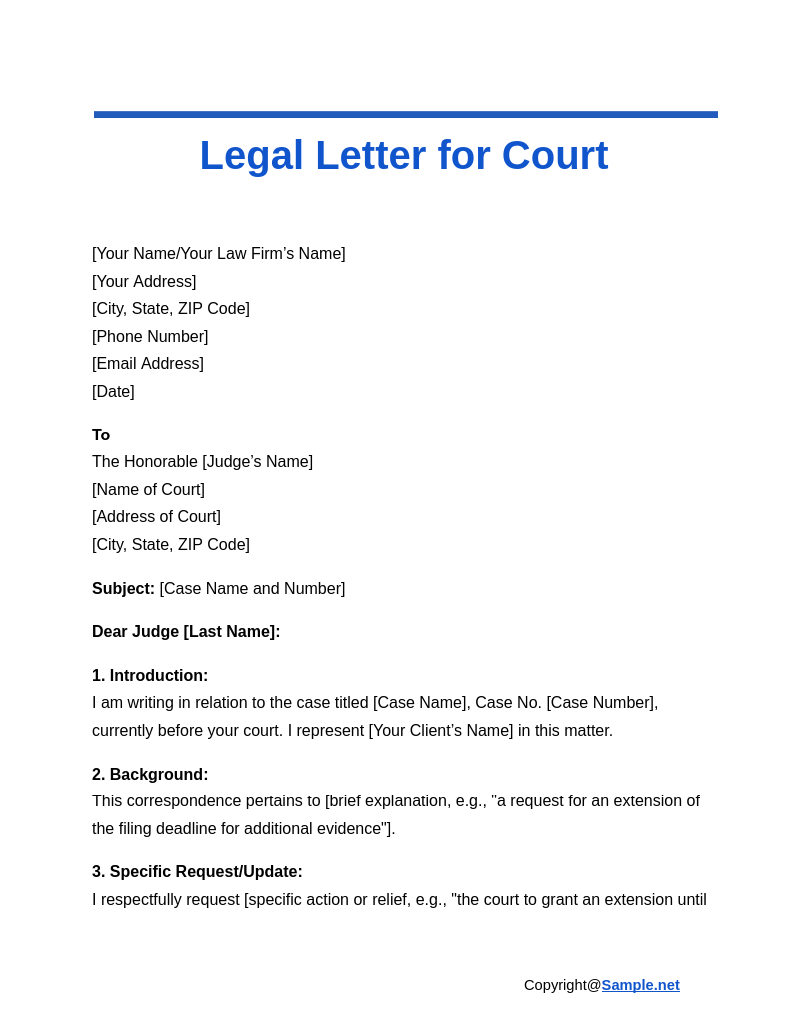
Legal Letter for Court
download now -
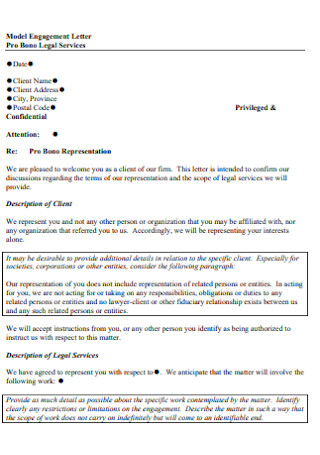
Legal Engagement Letter
download now -
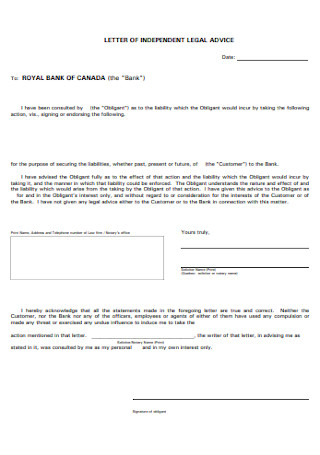
Letter of Independent Legal
download now -
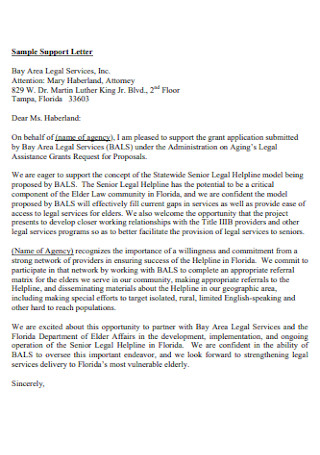
Sample Legal Support Letter
download now -
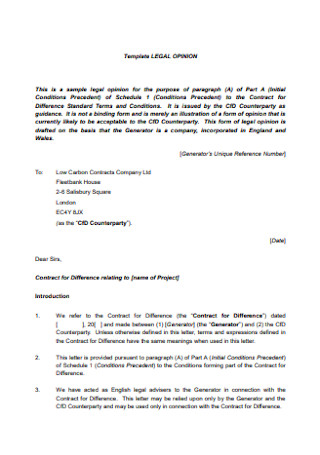
Legal Opinion Letter
download now -
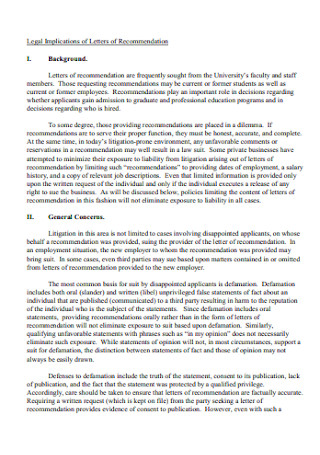
Legal Implications of Letters
download now -
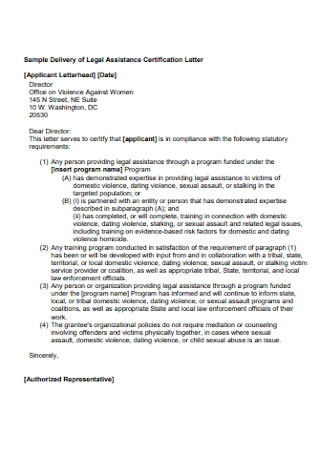
Legal Assistance Certification Letter
download now -
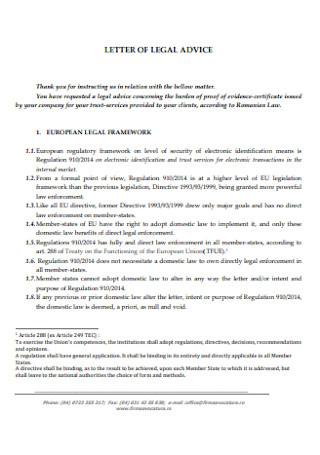
Letter of Legal Advice
download now -
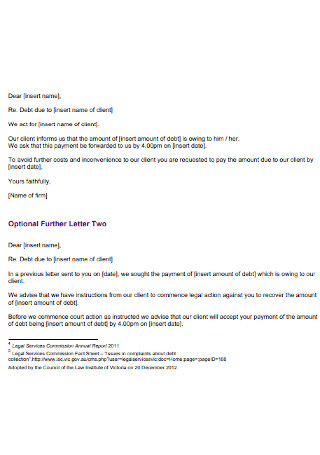
Legal Service Demand Letter
download now -
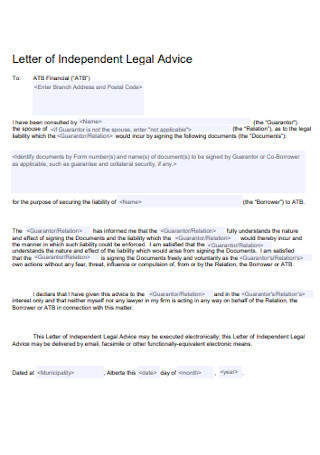
Letter of Independent Legal Advice
download now -
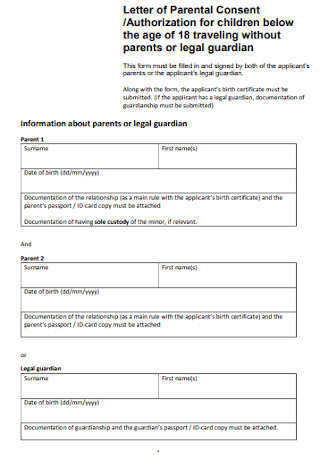
Legal Children Authorization Letter
download now -
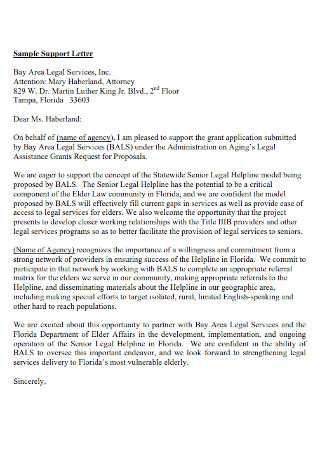
Area Legal Letter
download now -
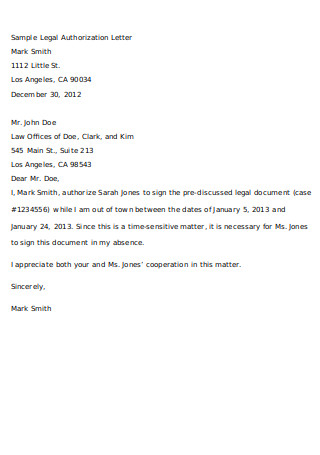
Sample Legal Authorization Letter
download now -
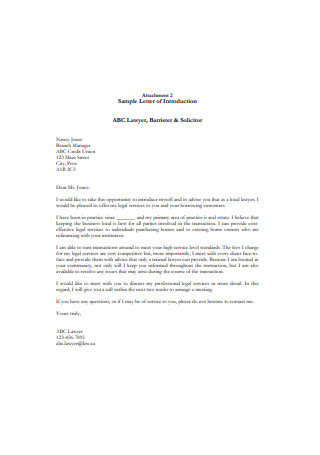
Legal Business Letter
download now -
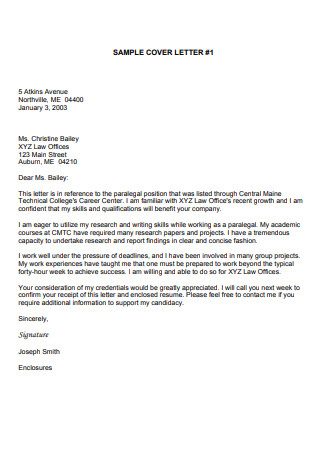
Letter of Reference Legal
download now -
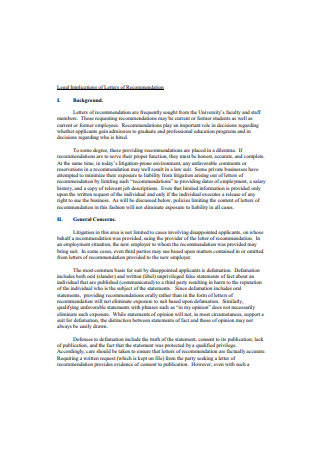
Legal Recommendation Letter
download now -
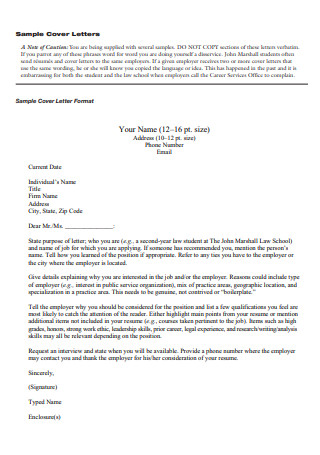
Legal Assistant Cover Letter
download now -
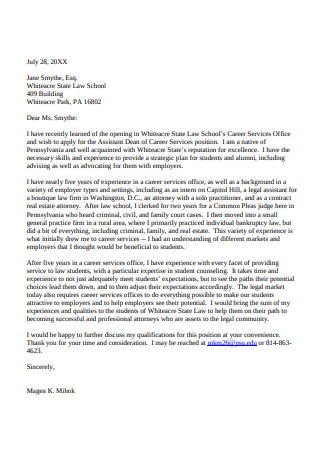
School Legal Letter
download now -
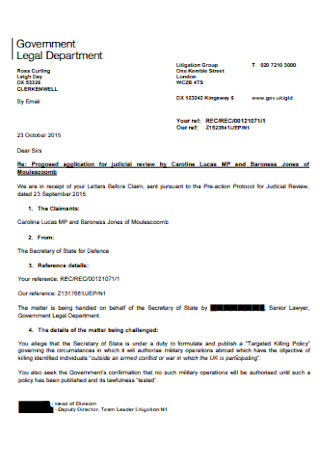
Legal Department Letter
download now -
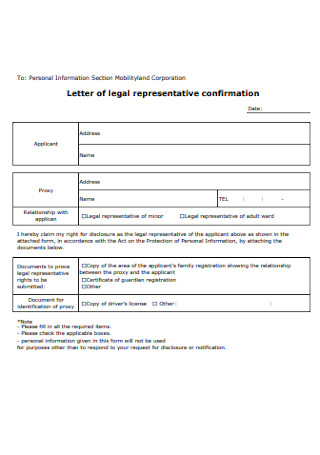
Letter of Legal Representative Confirmation
download now -
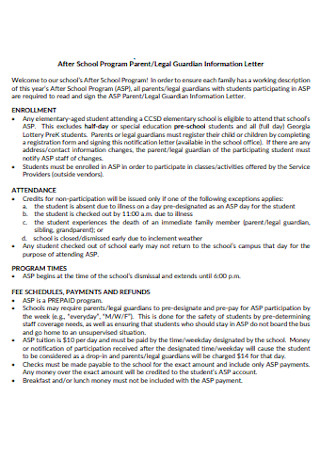
Legal Guardian Information Letter
download now -
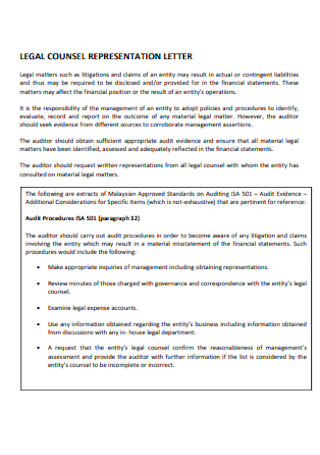
Legal Council Representation Letter
download now
FREE Legal Letter s to Download
Legal Letter Format
Legal Letter Samples
What is a Legal Letter and Why it is Important?
Purposes of a Legal Letter
How to Create a Legal Letter
FAQs
Can the Samples Legal Letters be access online?
How Do You Write a Legal Letter?
What are the Types of Legal Letters
How do I ensure the tone of my legal letter is professional?
What role does a legal letter play in dispute resolution?
What happens if the recipient fails to comply with a legal letter?
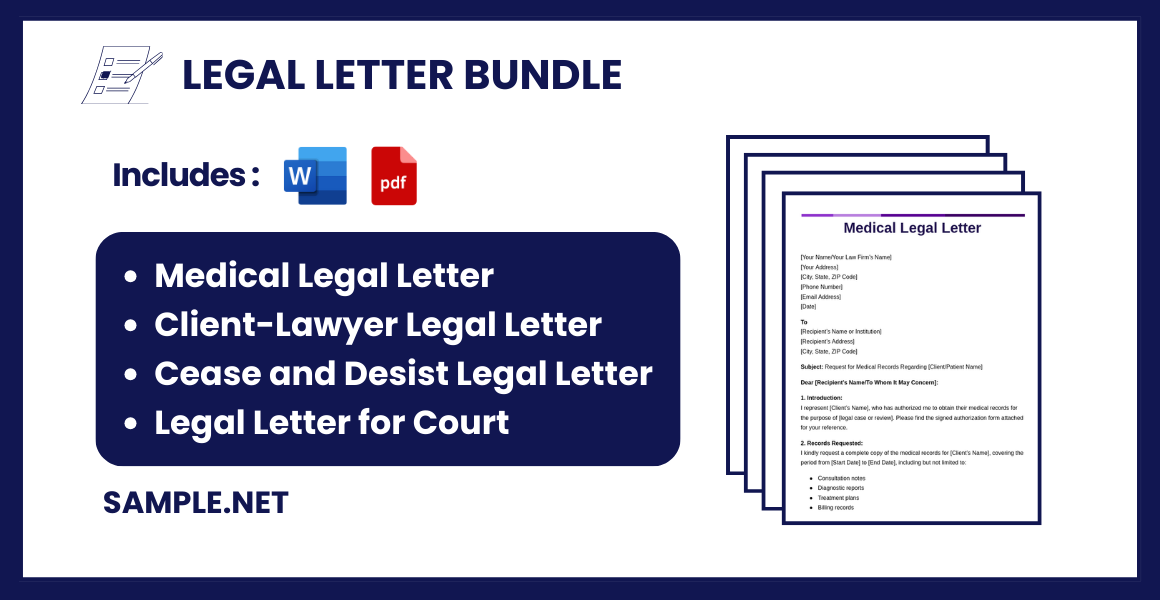
Legal Letter Format
[Your Name/Your Law Firm’s Name]
[Your Address]
[City, State, ZIP Code]
[Phone Number]
[Email Address]
[Date]
[Recipient’s Name/Company Name]
[Recipient’s Address]
[City, State, ZIP Code]
Subject: [Clear and Concise Subject Line, e.g., “Notice of Breach of Contract”]
Dear [Recipient’s Name/To Whom It May Concern]:
1. Introduction:
Briefly introduce yourself (or your client) and provide a summary of the purpose of the letter.
Example:
I am writing on behalf of my client, [Client’s Name], to address the matter of [specific issue].
2. Background:
Provide a concise but clear summary of the facts or context relevant to the matter.
Example:
On [date], [specific agreement, event, or contract] was executed between [your/client’s name] and [recipient’s name/company]. The key terms included [list key terms briefly].
3. Issue:
Explain the legal issue or problem in detail, referencing any relevant contracts, laws, or obligations.
Example:
It has come to our attention that [describe issue, e.g., “payment has not been made as per the agreement”]. This constitutes a breach of [specific clause, law, or obligation].
4. Demand/Request for Action:
Clearly state what action you are requesting or demanding and the timeline for compliance.
Example:
We hereby demand that you [specific action, e.g., “pay the outstanding amount of $10,000 within 15 days”].
5. Consequences of Non-Compliance:
Outline the potential legal actions or consequences if the request/demand is not met.
Example:
If we do not receive a response or action within the specified timeframe, we will proceed with legal action to enforce our rights.
6. Closing Statement:
End the letter on a formal note, inviting further communication if necessary.
Example:
We hope this matter can be resolved amicably. Please do not hesitate to contact us at [phone number/email] should you have any questions.
Sincerely,
[Your Full Name]
[Your Title/Position, e.g., Attorney-at-Law]
[Your Firm’s Name, if applicable]
[Enclosures: [List any attached documents, if applicable]]
[CC: [Names of others receiving a copy, if applicable]]
What is a Legal Letter and Why it is Important?
A Legal Letter format is a type of letter that demands credibility, accuracy and formality. A type of letter that can be enforce on your behalf, as you may look the samples, some terminologies encourage the parties involved to take certain action. If you are a lawyer or a business owner, this type of letter will highly benefits you. You can also see more on Affidavit Letter.
It is important that the content of the letter is in the premise of certain situation. Specification and Objectification is the key component of a Legal letter, as it will help the recipient understand it’s goal. It is very important for everyone to be aware of the legal matters in various categories, being said, it is very recommendable that you’ll learn how to write a Legal Sample Letter.
Purposes of a Legal Letter
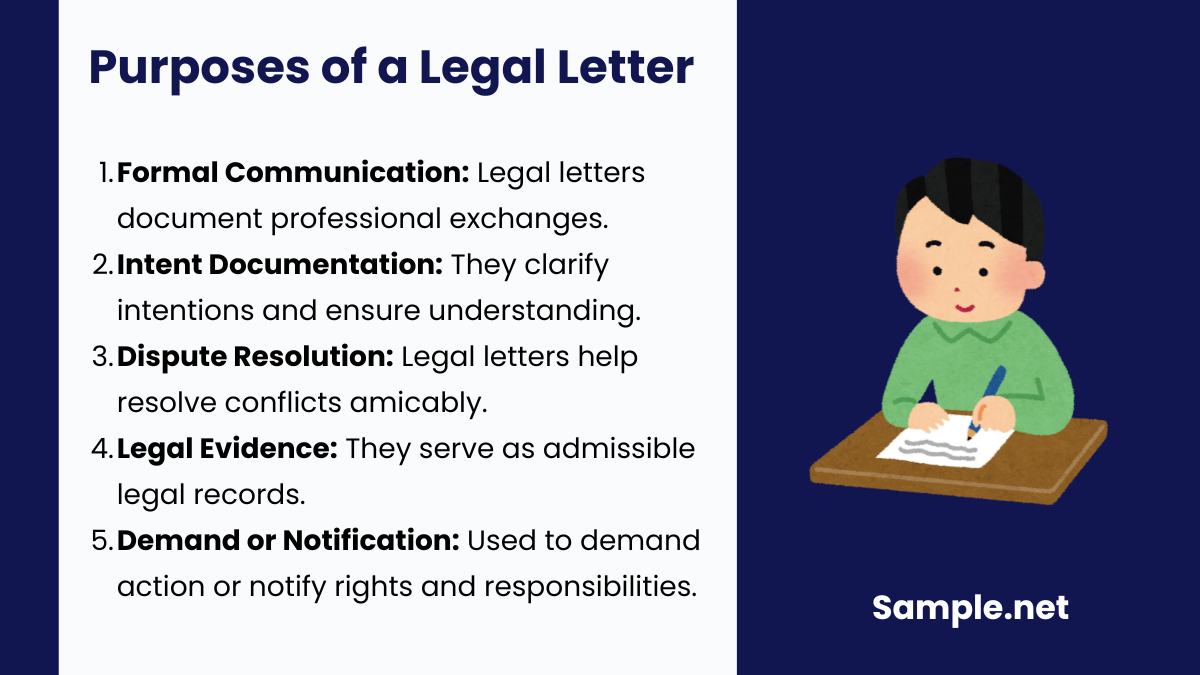
1. Formal Communication
A legal letter serves as a formal method of communication between individuals, businesses, or legal entities. It establishes a professional tone and documents the exchange.
2. Documentation of Intent
Legal letters articulate the sender’s intentions, whether to request action, notify, demand, or outline terms of an agreement. This ensures clarity and avoids misunderstandings. You can also see more on Consent Letter.
3. Resolution of Disputes
They are often used to settle disputes amicably without involving litigation. A well-crafted legal letter can lead to negotiations and compromise.
4. Legal Evidence
As formal records, legal letters can be used as evidence in court or legal proceedings to show an attempt at resolving a matter or notifying the other party of an issue.
5. Demand or Notification
Legal letters are used to demand action, payment, or compliance with a contract. They can also notify a party of their rights, responsibilities, or breaches in agreements. You can also see more on Authority Letter.
How to Create a Legal Letter
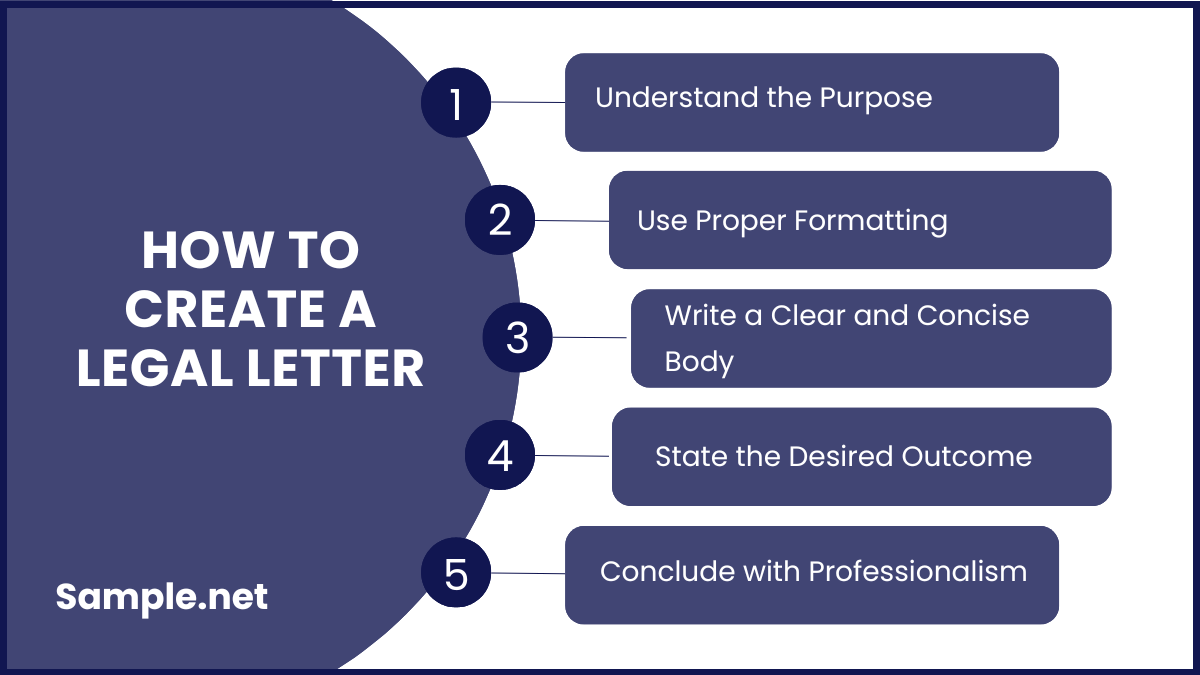
Step 1: Understand the Purpose
Begin by identifying the purpose of your legal letter. Clarify the intent, whether it is to demand action, negotiate, or provide formal notice. This ensures the letter remains focused and relevant to the issue. You can also see more on Proxy Letter.
Step 2: Use Proper Formatting
Structure your legal letter professionally. Include the sender’s and recipient’s details, date, and a clear subject line. Formal formatting enhances readability and professionalism.
Step 3: Write a Clear and Concise Body
Start with an introduction explaining the reason for the letter. Follow this with detailed information about the issue, citing relevant facts, laws, or evidence. Keep the language clear and respectful. You can also see more on Authorization Letter.
Step 4: State the Desired Outcome
Clearly state the action or remedy you seek. Be specific about deadlines or conditions to avoid ambiguity. This section should outline what you expect the recipient to do.
Step 5: Conclude with Professionalism
End the letter with a formal closing, including your contact information. Ensure the tone remains polite and assertive, emphasizing the seriousness of the matter.
Legal letters are essential document for formal communication in legal contexts. They establish a clear record of communication, protect legal rights, and help resolve disputes. Whether addressing a demand, issuing a warning, or negotiating an agreement, a well-drafted legal letter ensures professionalism and clarity. Following the proper structure and tone enhances its effectiveness and credibility. Understanding the elements of a legal letter equips individuals and businesses to handle legal matters confidently. You can also see more on Notarized Letters.
FAQs
Can the Samples Legal Letters be access online?
Yes, The first thing to do is download the chosen template and start writing on your own pace.
How Do You Write a Legal Letter?
Identify your objective, Be concise, Organize your letter in a legal and polite manner, Provide your name and signature for the credibility of our letter. You can also see more on Paralegal Letters of Recommendation.
What are the Types of Legal Letters
There are multiple types of Legal Letters, such as; Demand Letter, Certification Letter, Engagement Letter, Authorization Letter, and Business Letter.
How do I ensure the tone of my legal letter is professional?
Use formal language, avoid emotional expressions, and focus on facts. The tone should be respectful yet assertive, emphasizing the importance of the issue.
What role does a legal letter play in dispute resolution?
A legal letter can initiate negotiation or provide clarity on legal positions. It often serves as the first step in resolving disputes without court intervention.
What happens if the recipient fails to comply with a legal letter?
Failure to comply can result in further legal actions, such as filing a lawsuit. The letter may be used as evidence to demonstrate attempts to resolve the issue amicably. You can also see more on Legal Affidavit.
